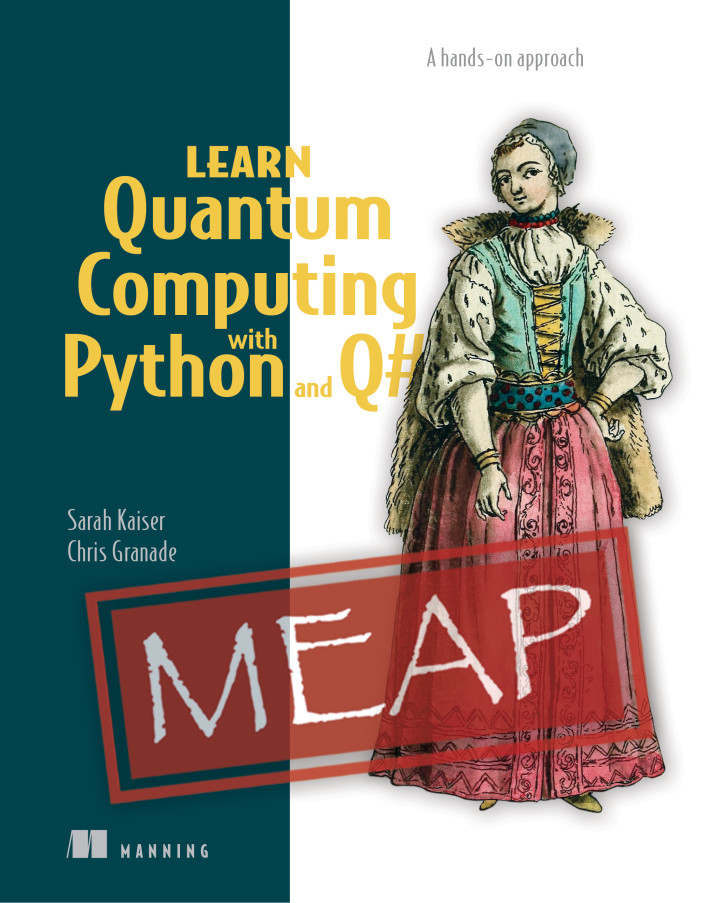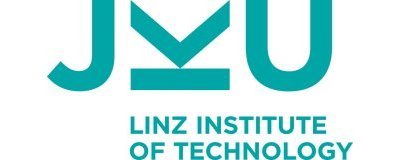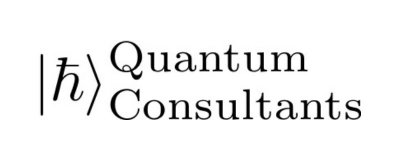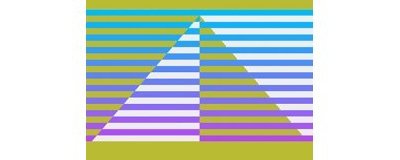About QRE
This is the first international workshop on the emerging field of Quantum Resource Estimation (QRE), benchmarking and performance analytics. We hope to encourage participation from those working in quantum algorithm optimization, error-correction, architecture design, quantum compilation, classical control and resource benchmarking.
The workshop is focused around developing techniques and tools that aid quantum software and algorithm design, informed by the realities of the hardware architectures. QRE shifts the perspective from complexity theoretic arguments to quantitative computer architecture arguments.
The goal is to reduce the physical resource1 costs for interesting quantum algorithms as quickly as possible. Small-scale, cloud-based NISQ machines sparked the interest of exact, realistic and non asymptotic resource estimations. It is still uncertain if any valuable quantum algorithm2 is possible without incorporating costly error-correction protocols that make estimation, benchmarking and optimization far more complex. QRE is the forum to share research on the near term feasibility of interesting2 quantum algorithms.
Organisers
Alexandru Paler, Linz Institute of Technology, Linz, Austria
Simon Devitt, University of Technology, Sydney, Australia
Daniel Herr, RIKEN, Wako-shi, Japan

1Physical resources for executing a quantum algorithm can vary significantly. Resource costs are influenced by the resultant quantum circuits through their structure and designed precision. Additional overheads are introduced by the physical constraints of the quantum hardware. Quantum error correction is also resource hungry. Even the design and the performance of the classical control software that compiles algorithms and controls the quantum computer has a non-negligible impact on resources.
2Algorithm that outperforms classical supercomputers either in a theoretical or monetary sense.
Quantum computation has a growing number of promising application areas such as quantum chemistry, quantum optimisation and finance. However, the first industrially relevant and scalable quantum computer seems to be at least a decade away. Therefore, one of the most pressing questions is "How many physical qubits and how much time is necessary to execute a quantum algorithm on a selected hardware platform where the algorithmic output is more important than the fact a quantum computer was used to calculate it?"
By examining this question in depth we can motivate continued investment for quantum computing, further enable resource friendly quantum algorithm development and continue to push technological advances that will lead to a scalable quantum computing ecosystem.
The workshop will bring together researchers to discuss new methods and directions needed to develop, as soon as possible, the tools to:
- accurately analyze and benchmark complex quantum algorithms
- adapt error-correction techniques
- refine classical control and hardware microarchitectures
- enable scientifically and commercially relavant quantum applications
Research papers, tutorials, software and other demonstrations, and work-in-progress reports are within the scope of the workshop. Invited talks by leading international experts will complete the program. Contributions on all areas of quantum performance analytics are welcome:
- High level quantum circuit analytics.
- Fault-tolerant quantum circuit analytics.
- Clifford+T optimisation strategies.
- Resource efficient surface code implementations.
- Surface code decoders.
- Practical quantitative analysis of surface code alternatives.
- Noisy Intermediate Scale Quantum (NISQ) evaluation.
Initial submission for QRE2019 will consist of an extended abstract, limited to 2+epsilon-pages (including figures and references, please don't go nuts with the epsilon!). Contributions must be written in English and report on original, unpublished work, not submitted for publication elsewhere.
Upon acceptance, researchers are invited to submit full research papers (maximum 12 pages), as well as work-in-progress or tool demonstration papers (maximum 6 pages). Accepted full papers will be published in a journal (subject to the journal being approved - IEEE Transactions on Quantum Engineering; otherwise a backup journal TBD exists).
Important Dates
Invited Speakers
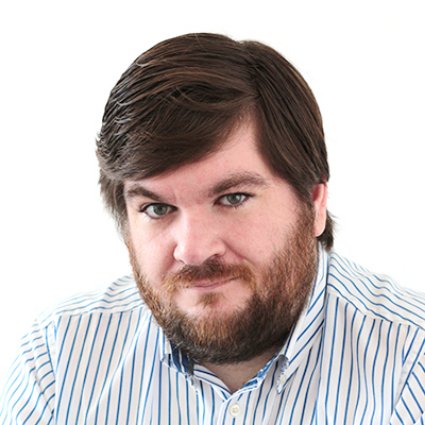
Joseph Fitzsimons
Horizon Quantum
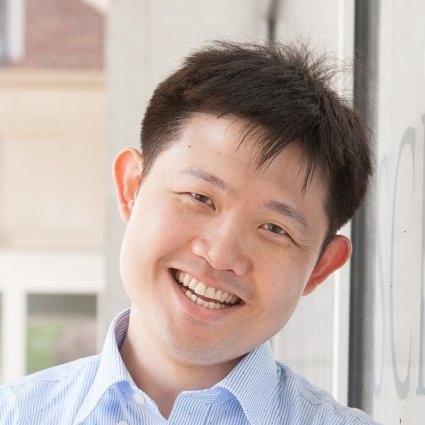
Yipeng Huang
Princeton University
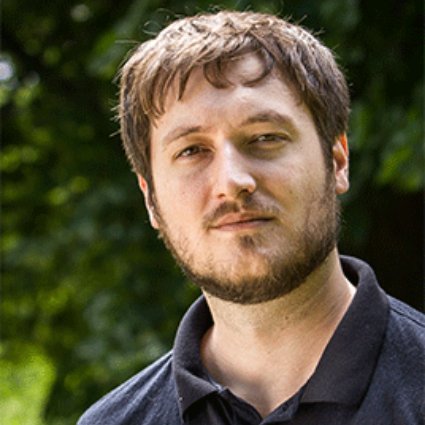
Craig Gidney
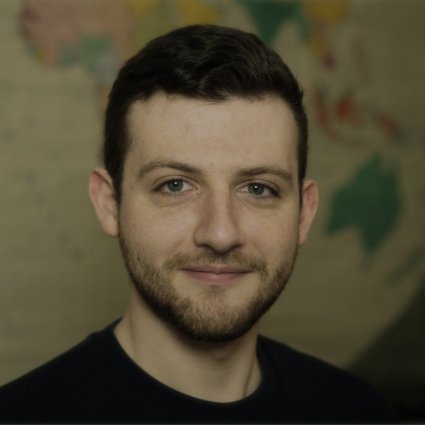
Daniel Litinski
Free University, Berlin

Christian Gogolin
Covestro
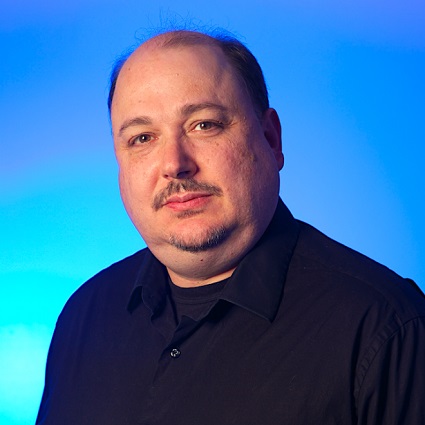
Brad Lackey
Microsoft
Event Schedule Room 103 b
Welcome
Alexandru Paler
Joseph Fitzsimons
Verifiable Hybrid Secret Sharing: Reducing Quantum Resources
Victoria Lipinska, Glaucia Murta and Stephanie Wehner
Fault-tolerant quantum error correction on NISQ devices: flag and bridge qubits
Lingling Lao and Carmen G. Almudever
Minimizing State Preparations for VQE
Pranav Gokhale, Olivia Angiuli, Yongshan Ding, Kaiwen Gui, Teague Tomesh, Margaret Martonosi and Frederic T. Chong talk
Craig Gidney talk
Coffee Break
Fault tolerant resource estimation of quantum random-access memories
Olivia Di Matteo, Vlad Gheorghiu and Michele Mosca talk
Characterizing Quantum Processors Using Modeling and Simulation
Megan Lilly and Travis Humble talk
Yipeng Huang talk
Lunch Break
Daniel Litinski
Reducing the cost of implementing AES as a quantum~circuit
Brandon Langenberg, Hai Pham and Rainer Steinwandt talk
Decoding Quantum Error Correction Codes with Local Variation
Michael Hanks, William Munro and Kae Nemoto
Coffee Break
Enhancing a Near-Term Quantum Accelerators Instruction Set Architecture for Materials Science
Xiang Zou, Shavindra Premaratne, Adriaan Rol, Sonika Johri, Viacheslav Ostroukh, David J Michalak, Roman Caudillo, James S Clarke, Leonardo DiCarlo and Anne Y Matsuura
Christian Gogolin
Determining the capacity of any quantum computer to perform a useful computation
Joel Wallman and Joseph Emerson talk
Mitigation of readout noise by classical post-processing based on Quantum Detector Tomography
Filip Maciejewski, Michal Oszmaniec and Zoltan Zimboras talk
Brad Lackey
Closing
Daniel Herr
Registration
Use the
ISCA Registration page
and select the 'ISCA19' activity. Our workshop is on Sat 6/22.
If you are not attending any other workshop, tutorial, or conference at FCRC, select 'One Day Workshop/Tutorial' Registration.
For any questions contact the workshop organisers.
